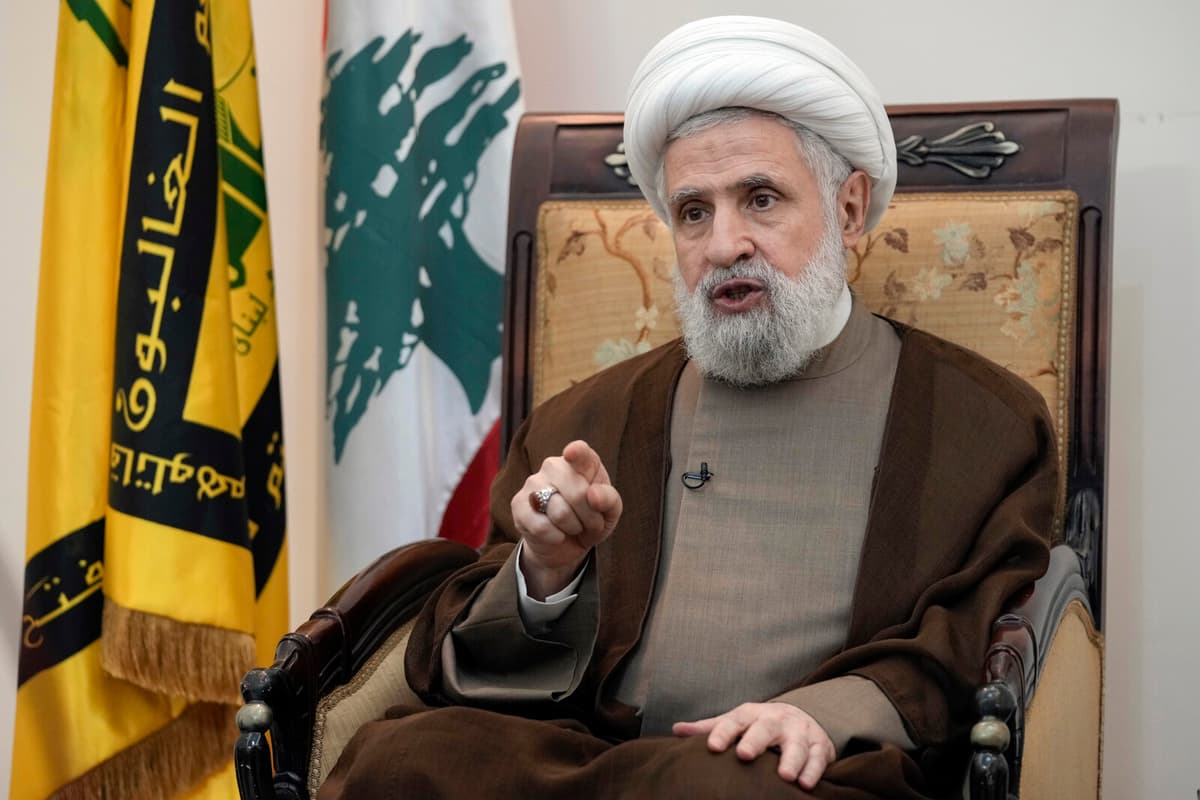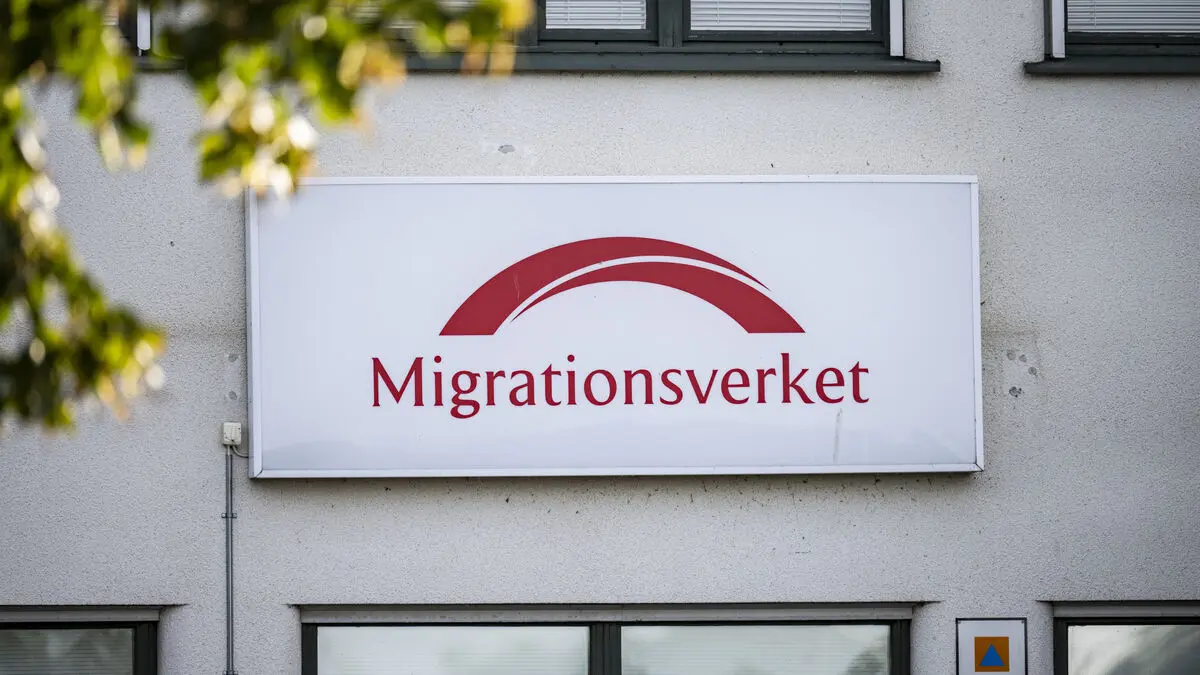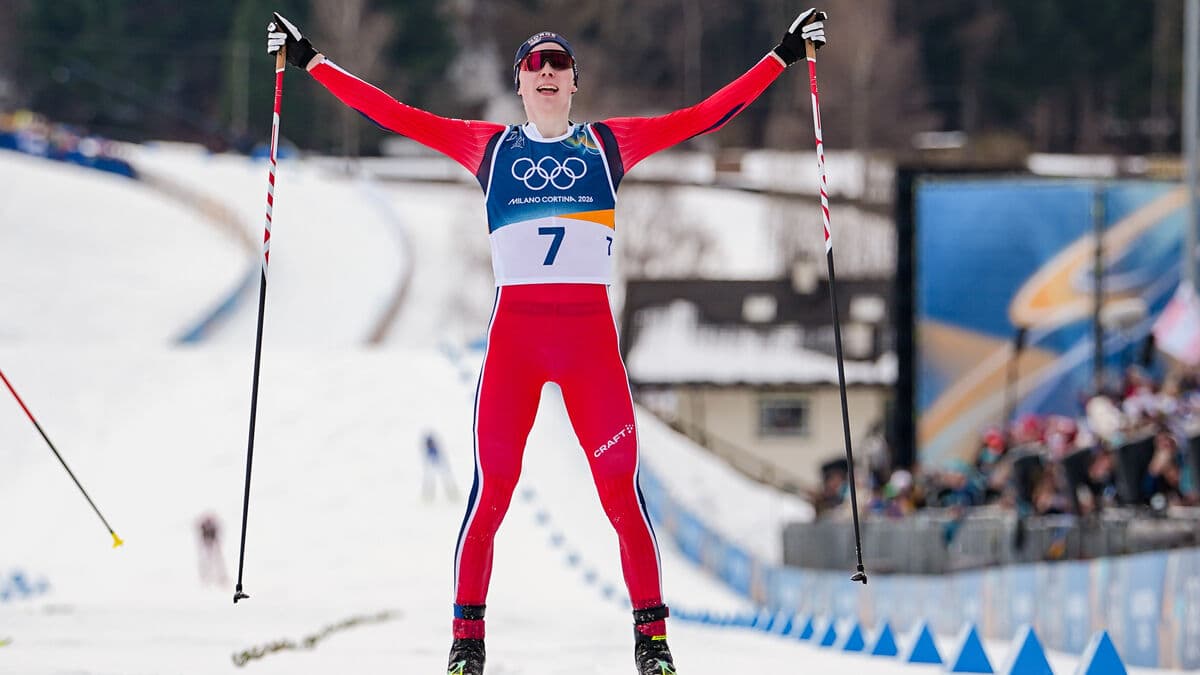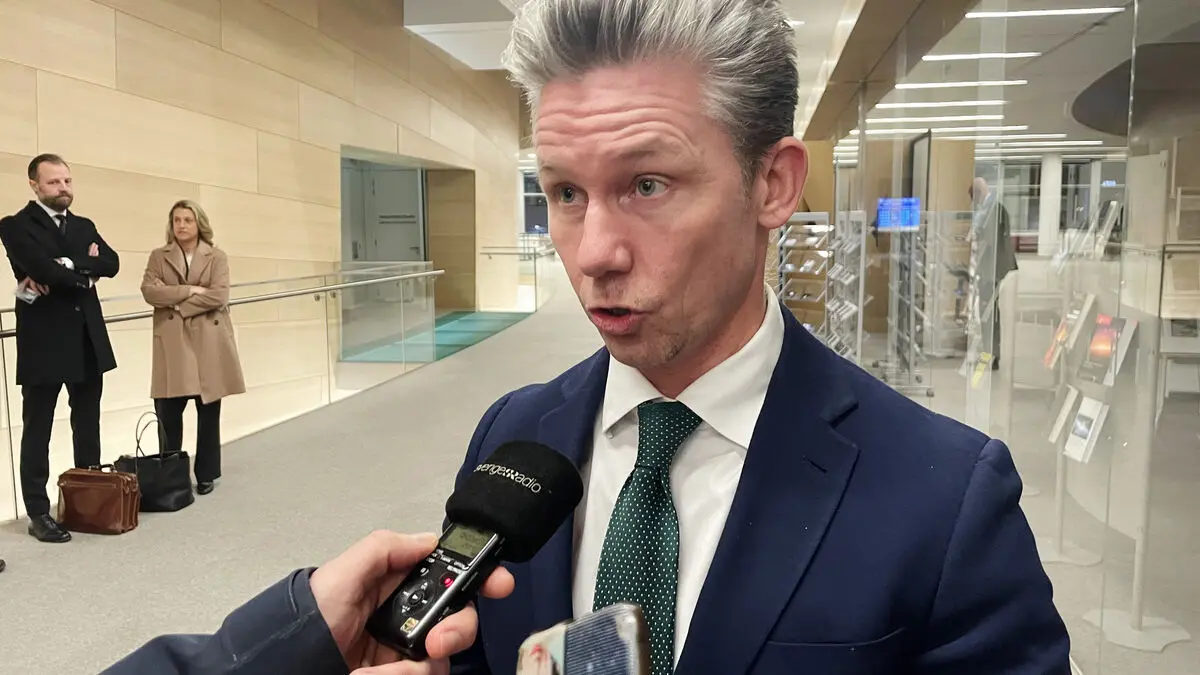Hezbollah has adopted a new strategy in the past week, says Qassem in a speech. Without specifying, he claims that it is about making Israel feel "pain".
Resistance will never lose, he says.
Since Israel continues its attacks in Gaza and "attacks everywhere in Lebanon", Hezbollah has the right to attack anywhere in Israel - "in central, northern or southern", claims Qassem.
I tell the Israelis: the solution is to stop shooting.
Until a ceasefire comes into effect, two million Israelis will live under constant threat, warns the vice leader.
The solution is a ceasefire. After a ceasefire, the (Israeli) settlers will be able to return north.
Several high-ranking officials within Hezbollah have been killed in Israeli attacks recently, including leader Hassan Nasrallah and possibly also the intended successor Hashem Safieddine. Qassem claims that Hezbollah stands strong and that "no position is vacant".
There are replacements for the replacements, he says.
An Islamic movement, created in the early 1980s as a reaction to a conflict situation similar to today's.
The Palestine Liberation Organization (PLO) had used southern Lebanon as a base for attacks against northern Israel, which led Israel to invade in 1982. Inspired by the Islamic revolution in Iran a few years earlier, Lebanese Islamists formed the Shia movement Hezbollah ("God's party"), a name chosen by the Iranian leader Khomeini.
An explicit main goal has been to expel all "colonialists". In practice, this has meant that much of the armed struggle has been directed against Israel - seen as the representative of the Western world in the Middle East.
Hezbollah has been a political party in Lebanon since 1982 and functions as "a state within a state", with a military power at least as great as the country's army and a strong role in politics and social life.
The Iran-backed movement has been terrorist-listed in its entirety by several countries, while others have chosen to only terrorist-list its armed branch.






